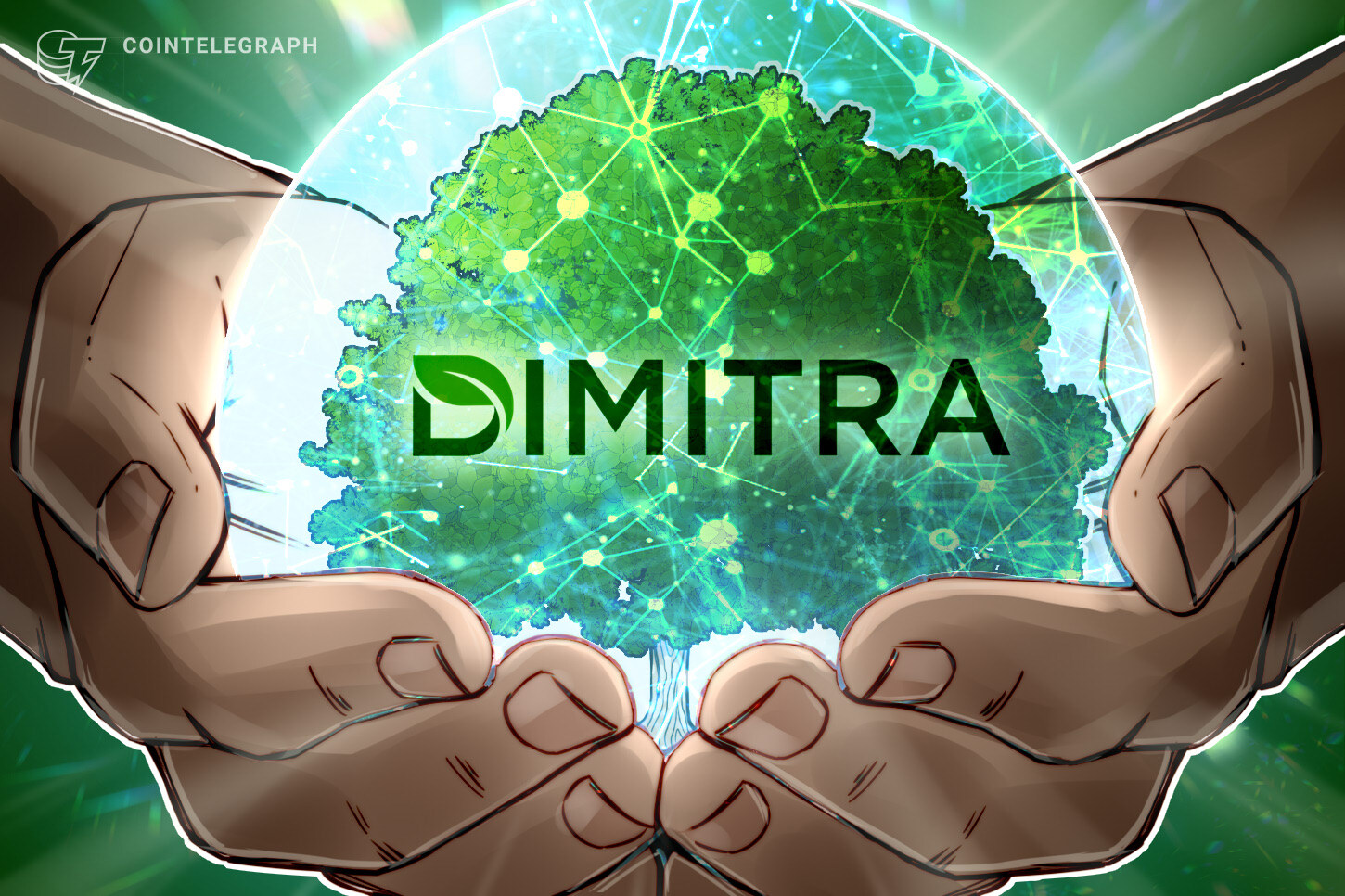Sponsored Content
Blockchain was created to make a real impact on the world, but are global ecological problems in its depth? In some specific cases, it may prove to be a good fit.
Climate change has altered many natural processes, sometimes irreversibly. Some of these changes have in turn triggered a chain of damaging activities. For example, deforestation: the loss of forests around the planet leads to an increase in global greenhouse gas emissions, disruption of water cycles, and extinction of species. It also increases the risk of extreme weather events and negatively affects communities that depend on forests for food, income and shelter.
The scale of the deforestation problem is alarming: the planet loses nearly 10 football fields of forest every minute in Brazil and Colombia, 9 every hour in Nicaragua, and 22 every hour in Laos.
Despite global efforts and environmental commitments, stopping deforestation has been incredibly difficult. Part of the problem is a lack of transparency and accountability. Many countries have laws against illegal deforestation, but enforcement has often been weak. Monitoring large areas of forest is costly and difficult, especially in remote regions.
On top of that, international funding for forest conservation projects is often plagued by problems such as unclear reporting, double-counting of climate benefits or delays in delivering promised results. This makes it difficult for companies, governments, and ordinary people to trust that their contributions are making a difference.
This is where blockchain and carbon credits come in. Carbon credits are a way to put a price on emissions. When a company emits carbon, it can offset it by buying carbon credits from projects that reduce or remove carbon elsewhere – like forest conservation initiatives. But for this system to work, it needs to be trustworthy, transparent, and verifiable. That's exactly what blockchain technology can help provide.
By recording carbon credit transactions on a blockchain, every action is visible and cannot be altered. This means there is a clear, tamper-proof record of where each carbon credit came from, who owns it, and when it was issued. It also helps ensure that the same credit isn't sold multiple times. This kind of transparency builds trust in the system, which is critical for scaling voluntary and compliance-based carbon markets.
Moreover, blockchain can make the carbon credit market more efficient. It reduces the need for intermediaries and simplifies the process of verifying, trading, and retiring credits. This can lower transaction costs and make it easier for smaller forest projects to participate in global markets.
AgTech company, Dimitra, applies these features of blockchain and the latest technologies to manage the complexities of ESG compliance. Dimitra offers a comprehensive suite of satellite and drone imagery, AI and machine learning, blockchain, IoT and mobile technologies to detect signs of deforestation, prove compliance and meet EUDR standards. Anyone in the supply chain, including farmers, traders, operators and consumer goods companies, can track deforestation risk and receive immutable certificates on the blockchain.
Disclaimer. Cointelegraph does not endorse any content or product on this page. While we aim at providing you with all important information that we could obtain in this sponsored article, readers should do their own research before taking any actions related to the company and carry full responsibility for their decisions, nor can this article be considered as investment advice.
Disclaimer.This content is part of a paid partnership. The text below is a sponsored article that is not part of Cointelegraph.com editorial content. The material is written by our advertorial team and has undergone editorial review to ensure clarity and relevance, it may not reflect the views and opinions of Cointelegraph.com. Readers are encouraged to conduct their own research before taking any actions related to the company. Disclosure.



